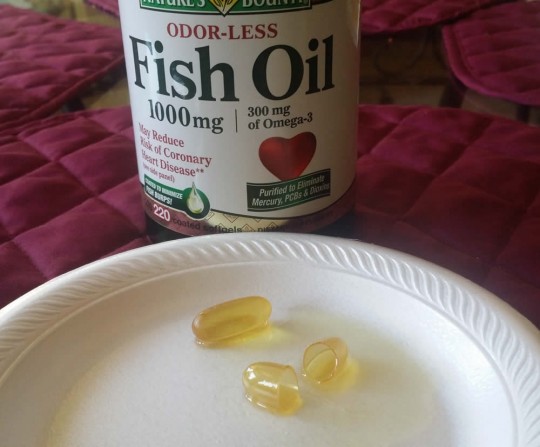Get Smarter Instantly With This Fishy Technique

Can inhaling once or twice improve your critical thinking? A fascinating new study suggests that you can get “smarter” in seconds. And, the technique is simple, though you may not find it all that appealing.
Scent Power
We know scents can change cognition and behavior. Recall of material is better when a subject encounters a scent present when the memory was formed, even an incongruous one. Shoppers buy more when they smell chocolate.
The new research, published in the Journal of Experimental Social Psychology, tested subjects in one of two booths. One booth was unscented, the other had a fishy smell created using fish oil. The subjects were given a test of their critical thinking called the “Moses Illusion.”
Each subject answered a series of questions, one of which was, “How many animals of each kind did Moses take on the Ark?” Even though it was, of course, Noah who is credited with building and loading the Ark, it is common for people to answer “two” instead of the correct “zero.”
Psychologists use the Moses Illusion and similar trick questions to gauge a subject’s level of attention and cognitive processing.
The results of the “fish odor” vs. “odorless” were quite remarkable:

While a mere 17% of the odorless booth subjects questioned the link between Moses and loading animals onto a boat, fully 42% of the subjects in the fishy-smelling booth did. That’s a 150% lift!
Something’s Fishy Here
Once again, we see the relation between language and human behavior. In English, a “fishy” deal is one that is suspicious. According to the researchers, the subjects exposed to the fishy smell were more careful in their information processing and hence were more likely to catch the Noah/Moses substitution.
They called the fish smell an “incidental olfactory suspicion cue.”
Get Smarter – My Experiment
Most of us probably don’t want to carry a dead fish around for that extra cognitive boost. But, every drug store and supermarket carries small, sealed doses of fish aroma. These are, of course, fish oil supplement capsules. I had a bottle of these in my cupboard, so (of course) I had to cut one open.

I was concerned because the capsules were marked “odorless.” But, fortunately for the experiment, the term odorless proved to be not entirely accurate. I sliced a capsule open with a sharp knife and was rewarded with an easily detected fishy smell.
As a solo experimenter, I wasn’t able to test myself with trick questions. So, I’ll have to assume I got the same critical thinking boost that the experimental subjects did.
Cutting one of these capsules open can be a bit tricky – you don’t want to press down hard and have the fishy payload squirt all over you when you finally break the gelcap’s tough skin.
I found poking the end of a capsule with a pin let me squeeze out a few stinky drops with very little mess, and almost no risk of showering myself with suspicion cues.
Steak is for closers?
Salespeople and deal-pitchers might want to pay attention to this study.
While most restaurants that serve seafood try to avoid a “fishy” smell, if I were trying to close a deal I don’t think I’d choose that great seafood spot right on the pier. The fish may be right off the boats and super fresh, but do you really want to risk injecting an unconscious suspicion cue into your discussion?
Less Fishy Options
Even with the simple technique I described, you many not be inclined to sniff fish oil to boost your brain power, or even your skepticism. Fortunately, there are more pleasant alternatives that give your brain a boost.
A study at Wheeling Jesuit University found some interesting effects for cinnamon aroma:
Cinnamon improved participants’ scores on tasks related to attentional processes, virtual recognition memory, working memory, and visual-motor response speed.
Another experiment showed that the aroma of coffee alone was sufficient to increase alertness.
And, peppermint aroma increased memory performance and processing speed in a study by UK scientists.
Cinnamon, coffee, and peppermint aromas all sound a lot more desirable than the scent of a deceased cod.
But, if you are trying to sniff out the facts in a deal you think might be a little fishy, you might want to try a drop or two of fish oil.
As for me, having inhaled eau de poisson for the last hour, I’m starting to get a bit skeptical of the whole concept…
